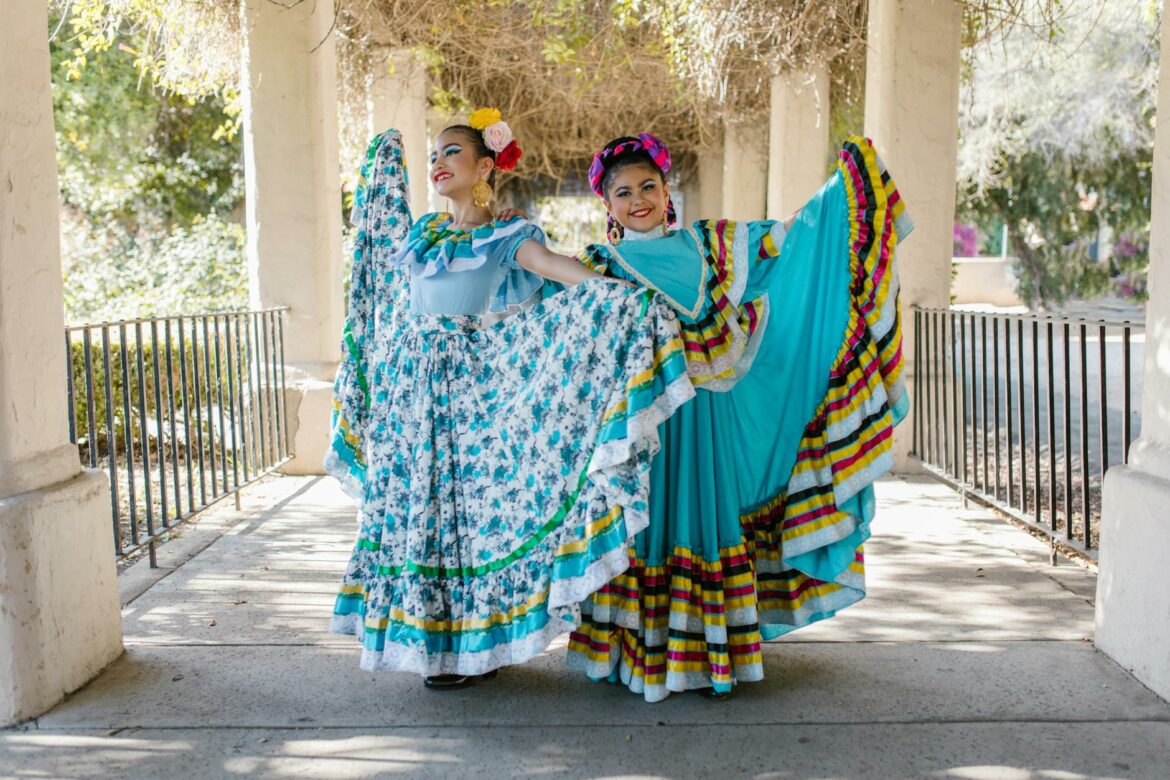Picture this: It’s a chilly Saturday afternoon, and you find yourself cozied up on your couch, perhaps with a steaming mug of coffee in one hand and your phone in the other. You scroll through social media, and your screen is ablaze with colorful, eye-catching images, animated GIFs, and text layered over even more images. Some make you chuckle, others leave you scratching your head, and a few seem to echo the inside jokes of a secret society. Welcome to the world of web culture memes—a vibrant tapestry of humor, commentary, and internet language that shapes how we communicate today.
Memes are that delightful blend of art and text that encapsulate sentiments, cultural norms, and, yes, even the absurdities of everyday life. They’ve come a long way from their origins, evolving from simple text-on-image creations that could make anyone chuckle to elaborate and multifaceted pieces of social commentary. Remember the classic “Distracted Boyfriend” meme? That one image—a man glancing back at another woman while his girlfriend looks on disapprovingly—has been reimagined in countless ways. At its heart, it perfectly captures the struggle between desire and loyalty, and that universality is precisely why it spread like wildfire across social media channels.
But what’s fascinating about memes is not just their humor or relatability; it’s their ability to comment on deeper issues while still being playful. Take the infamous “Is This a Pigeon?” meme, where a character mistakes a butterfly for a pigeon. It’s often used to highlight moments of misunderstanding—like when someone misinterprets a situation or fails to grasp a concept. It’s this layer of irony that keeps things interesting. Memes can be a fun escape, but they can also serve as a mirror reflecting our societal quirks, trends, and sometimes, our collective frustrations with the world around us.
Then there are the subcultures within web culture that turn memes into a language of their own. TikTok, for instance, has become a breeding ground for new meme formats that often involve short videos, catchy audio clips, and rapid-fire edits. A single sound can spark an avalanche of creativity, leading to challenges where participants put their spin on a trending idea. It’s akin to a digital remix culture, where originality thrives within the framework of shared content. This is where you see the power of collaboration; one person’s creativity can inspire hundreds, and it’s exciting to watch how these trends evolve.
Moreover, memes can sometimes serve as a form of activism. Consider the impact of memes during political campaigns or social movements—they can simplify complex issues into bite-sized, shareable content, making them more accessible to the masses. The Black Lives Matter movement, for example, saw a surge of memes that both educated and galvanized supporters. The “we’re all in this together” spirit of the pandemic lockdowns also gave rise to humor that resonated with people’s shared experiences, highlighting the importance of human connection through laughter, even in tough times.
It’s often said that laughter is the best medicine, and in the realm of web culture, memes are the prescription. They create a sense of community; they allow individuals from all walks of life to engage with one another through a shared understanding of humor. You might find yourself chuckling at a meme that perfectly sums up the struggle of adulting or the trials of working from home while also sharing it with a friend who lives across the globe. In this way, memes transcend geographical boundaries, allowing us to connect over our shared humanity in an ever-evolving digital landscape.
What’s truly remarkable is that memes capture the zeitgeist—an emblem of the current mood or cultural norm, often shifting as quickly as trends do. One day, it might be all about the latest celebrity faux pas, and the next, it’s a nostalgic throwback to a childhood show that we all grew up with. The ephemeral yet impactful nature of memes keeps us engaged, encouraging us to be part of the ongoing dialogue. They’re more than just jokes; they’re snapshots of human experience, packaged in a way that’s easily digestible and, most importantly, shareable.
So next time you scroll through your feed and come across an image or a video that makes you smile or even roll your eyes, take a moment to appreciate the creativity and cultural significance behind it. Because in the world of web culture, memes are not just fleeting images; they’re the reflections of our lives, thoughts,

